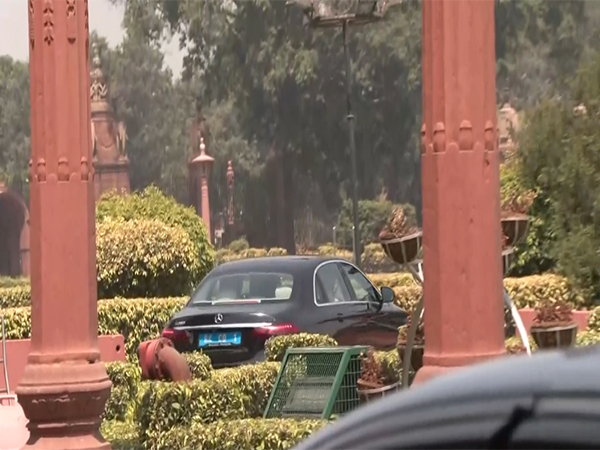Pakistan: Locals in Karachi express frustration over increasing inflation
Jul 15, 2024

Karachi [Pakistan], July 15 : Pakistani residents are grappling with skyrocketing inflation and hefty tax duties, which are placing immense financial strain on their daily lives.
Essential goods like food, electricity, and gas have become prohibitively expensive, pushing ordinary salaried individuals to the brink of financial instability.
Trapped between increasing needs and prices Arif, a Karachi resident, lamented, "Rising prices have made it nearly impossible to make ends meet. Basic necessities such as electricity, water, and food are now out of reach for the average worker. Without reliable access to these essentials and timely salaries, the working class is suffering immensely. The incompetence of government institutions is to blame for this dire situation."
Compounding these challenges is the weighty tax burden imposed by the government. Increased taxes on a wide range of goods and services have further strained the budgets of ordinary citizens. Many criticize the government's inefficiency in managing these economic pressures. Despite policies aimed at stabilizing the economy, the anticipated relief has failed to materialize, leaving the public to bear the brunt of these shortcomings."
Ali, another resident, voiced frustration, stating, "There isn't a single item that isn't taxed. Whether it's lentils, rice, flour, or even everyday toiletries, we're charged an additional 3-5 rupees on items like soap, shampoo, or detergent. Taxes weigh down our electricity and gas bills too. Everything is taxed, yet there's no relief in sight. This reflects the ineffectiveness of the current government, which promises solutions but delivers little."
According to the Pakistan Bureau of Statistics, in June 2024, Pakistan's inflation rate surged to 12.6 per cent up from 11.8 per cent in May 2024, reversing a downward trend observed over the previous five months.
This rise coincides with conditions imposed by the International Monetary Fund (IMF) as part of its financial aid program.
These conditions require Pakistan to cut government spending, remove subsidies, increase taxes, and devalue the currency.
While these measures aim to stabilize the economy, reduce debt, and foster long-term growth, they have resulted in immediate challenges such as soaring inflation rates.




















